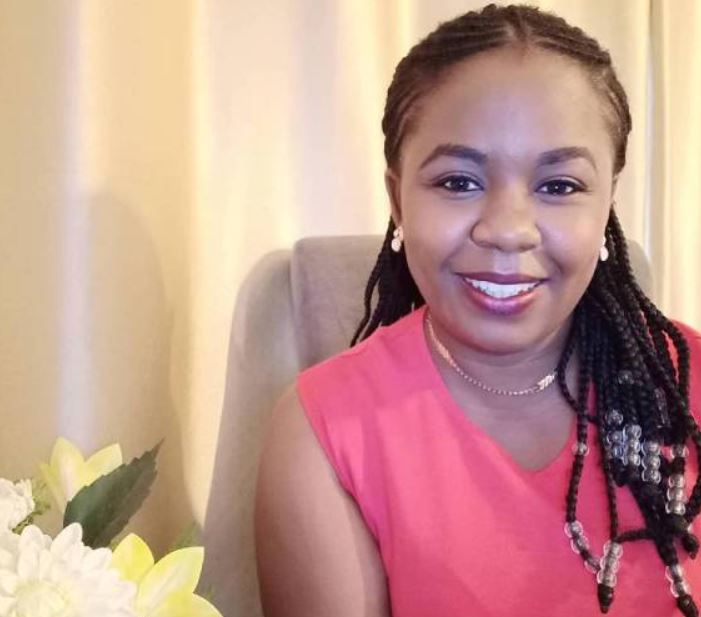
As a result of the condition, Muteti lost her baby soon after birth. She spoke to the Nairobian about the pain of child loss and how she found purpose in helping other grieving mums through the Zuri Nzilani Foundation.
Take us through your first journey in motherhood.
I got married in 2016 and my initial plan was to have my first baby after two years. But after six months, I learnt that I was already pregnant. Being first-time parents, my partner and I embraced the situation. It was exciting for us to nurture a life. Everything went fine until the seventh month of pregnancy when I started feeling unwell. I couldn’t tell exactly what was happening to me and at one point, I couldn’t bear the pain.
What happened next?
We went to hospital and after a check-up, we found that my blood pressure was too high. The doctor suggested we do an emergency delivery but we declined and opted to get a second opinion.
What was the outcome of the second opinion?
When we arrived in hospital, I was admitted immediately because my pressure had gone further up. However, after spending a day in the hospital, I became stable and was cleared for discharge. But just before I could step out, I felt sick again and had to be re-admitted, this time for one month. The doctors told me I was suffering from a condition called preeclampsia, which is hypertension in pregnancy. My body had swollen to a point I gained six kilogrammes per day.
Were you treated?
Sadly, my organs started failingwe3 and the doctor advised we do a premature delivery to save my life and that of the baby. Fortunately, I had a successful caeserean delivery. I was so happy because I heard my baby cry and named her Zuri.
What was the next move, seeing as the baby was born prematurely?
She was taken to the neonatal intensive care unit (NICU) because she was underweight at 1.2 kilogrammes. She stayed in the NICU on oxygen and I used to give her milk. Unfortunately, after some time, she developed a condition called Necrotising enterocolitis (NEC), which is a serious disease whereby bacteria invade the wall of the baby’s intestines.
When did things take a turn for the worse?
n the 16th day, Zuri started vomiting after taking milk. She vomited the whole day and on the next day, her breathing drastically changed. I could see her condition deteriorating and her skin colour darkened. At around 11 pm, her oxygen dropped to zero and doctors struggled to resuscitate her.
Did she respond?
Yes, she did. I remember holding her on my chest and she moved her arms and legs. Unfortunately, after a few minutes, things took a sudden turn. I was in the next room as nurses struggled to save her life, only to be told minutes later that she was no more.
How did you take the bad news?
It was one of the most trying moments for me. I held her on my chest for five long hours expecting her to come back to life, but she was completely gone. My worst experience was when the morgue attendant came with a box and dropped her in it like a piece of trash. It was so painful watching my baby being treated like trash.
How did you overcome your grief?
It took me time, and I swore never to get pregnant again because of the trauma and fear. Also, some of the comments that I got from friends who came to condole with me were a bit heartbreaking. After leaving the hospital, I took a five-year family planning measure, but ironically after three months, I realised I was pregnant again.
How was your second pregnancy?
I got preeclampsia again and had to undergo another premature delivery. But I thank God this time the baby was saved and she is now two years old. It took me a long time to bond with her out of fear that I would lose her too but walking out of hospital holding her encouraged me to help other women who could be suffering like I did. I started the Zuri Nzilani Foundation in my daughter’s memory to train and help women recover from child loss by walking with them through the painful process.






